The sight of her father, Andy Jackson, suspended off a cliff as a child was a regular occurrence for Sue Sinclair.
After her dad joined the Salen Coastguard Rescue Team (CRT) 38 years ago, watching him undertake all kinds of training was normal for the Jackson family.
And these days, after Andy’s three children Jim, Sue and Tom joined the Salen team, they do it together.
But Andy is not sure he can take the credit for inspiring the sign-ups.
Turning to his daughter Sue, the dad-of-three said: “You were never frightened of heights and you and Jim and Tom would just climb trees like monkeys.
“It just ran in the family to be out doing crazy stuff.
“I don’t know whether it’s genetic, but they lent themselves to this very, very easily.”
The Salen Jackson 5 have 106 years of service between them
Outside of his role as station officer (SO) with the Salen Coastguard Rescue Team (CRT), Andy is the manager of Carna Island and a charter boat skipper and wildlife guide with his business Ardnamurchan Charters.
As such, all his kids grew up on and around the water working out on the boat and all went into careers which built up useful skills for being coasties.
Jim, a tree surgeon, and his brother Tom joined the Salen team as 18-year-olds and Sue joined a few years later after university and worked as a mountain guide.
Their mum and Andy’s first wife, Anne Jackson, also joined Kilchoan CRT 45 minutes away from Salen in 2009.
As a family, the Jacksons have served the Coastguard for roughly 106 years and with grandkids keen to join in the next few years, that number is set to grow.
When asked how it all began, Andy, 67, said it just came out of a desire to help his community.
‘It’s got nothing to do with bravery’
With his wife Allison being a nurse practitioner for 47 years and his children following his footsteps, the Laga Bay resident said: “I’ve always wanted to give back to the community because the community gives so much.
“We give back to where we can, that’s always been part of it.
“We give back to our skill sets. I couldn’t be a nurse I’m not particularly good at other things but I’m good at this.”
However, when carrying out daring rescues, Andy does not see his role as brave or heroic.
After he and his son Tom dropped everything to rescue someone seconds away from drowning a few years ago, he said it had more to do with training and being willing to commit.
Looking back on the water rescue, the director of Carna Conservation said: “I didn’t have bravery I just played to my skill set and that’s all I did.
“And I did what any human being would do so it’s nothing to do with bravery. It’s a commitment to ‘why wouldn’t you do it if you could?'”
The importance of coasties in rural areas and small communities
When chatting with Sue and Andy, it is clear a lot of their work with HM Coastguard is driven by their love for their community and also the reality of living in a rural community like the Ardnamurchan peninsula.
Sue, 41, said: “If there’s an incident on the coast, a missing person or a casualty, because we are a small community, you all hear about it.
“And if there’s no provision then we are that provision and all of a sudden you’re the one who’s trying to find them and you’re the one who’s trying to treat them.
“If you have an incident like that without training it’s not the most productive way of doing it.”
The Salen team is made up of nine people – three of which are Jacksons with Tom, 39, now in the Central Belt.
The Highland team carries out search and rescue operations, cliff rescues and often works with the ambulance service, police and RNLI with different incidents.
Sue said years ago all the agencies would work more in their “own pockets” but these days there is a lot more crossover.
This makes a big difference in rural areas like Ardnamurchan.
The mum-of-two said: “We’re trying to work a lot closer together than we used to.
“If there’s a missing person, generally the police get the first call but they realise they don’t have the resources in our remote area to deal with that. So thankfully, they’re calling us earlier and earlier.
“Now we’re getting the call at three, four o’clock in the afternoon and we’ve got a few hours where we can make a difference. And it’s the same with the ambulance service.”
What is it like working as a family?
When asked if it is hard working in high-stress situations with family, Andy and Sue said a lot of problems were already dealt with in work situations outside of the team.
Recalling one shouting match when running a ferry with Tom, Sue said: “We both realised as human beings that when you make a mistake you’re most angry with yourself and take it out on the people that you’re closest to and nearest to quite quickly.
“But we managed to work that all out outside of the Coastguard.”
Talking about the role structure within the Coastguard, the Resipole resident added: “Everyone has a job and we all train for these jobs outwith the situation.
“And as soon as you’re in that role you know what you’re doing.
“From a family perspective, we know what we’re good and bad at.
“We see a variety of shouts, some are hard, some easy, some are grim and very sobering and we do our best to find learning outcomes from all of them, be it good or bad.
“There was one shout when Andy, Jim, Tom and I knew we were going to be the first on scene, we travelled together in the vehicle, quickly assigned our roles, discussed possible obstacles and arrived on scene with a plan.
“That particular day the plan worked well and the casualties were rescued. I will never forget feeling so relieved, proud and partly amazed.
“It is one shout that will live with me forever as I know our actions and experience made a difference.”
‘When you’re dangling from a cliff, the team have got your back’
Crediting her dad for keeping the team going and supporting and training them, Sue said the bonds between the group feel like a larger family.
Andy added: “I’ve raised them all to take equal responsibility.
“They all take part in and have been exposed to the same training.
“The plus side to all of this is the amount of trust there is within the team.
“When you’re dangling off a cliff, it’s pitch black at two o’clock in the morning and you’re really stretching it you know they’ve got your back.
“You know they would give 110% for you.”
Being parents and coastguards
Balancing jobs and family life while being a coastie is challenging, particularly as a parent.
When Sue joined the Salen Coastguard team, her two children Jackson, aged 12, and Ailsa, aged 10, were toddlers and struggled to let her go off to a job.
The full-time mum who helps run her husband’s business Resipole Studios said: “They’ve gone through phases themselves of clinging to my leg and not letting me leave the house because they’re terrified that mummy’s not going to come back or something.
“It’s awful.
“But now they’re moving more on, they’re more stable with it and more appreciating the difference we can make. They give me a big hug and say good luck when I leave.
“I try to give them both a kiss and a cuddle just to say, ‘Look, Mummy loves you’ in case it’s the last time.
“And we have conversations outwith these shouts just to help support them.”
Due to her role, Sue has seen many situations where things have gone wrong and people have needed help.
Even the smallest things like having a whistle or torch have saved people’s lives.
She said: “We were on a shout once… and we were up in the hills.
“The reason the casualty was found was because they had a whistle.
“If they didn’t have that whistle and the sound hadn’t travelled, we wouldn’t have found them.
“So I’m constantly reminding my kids, I live and learn and I try and relay that to them without putting the fear of God into them.
Grandad more worried for grandchildren in sports than Coastguard incidents
“There’s a balance to be had. You’ve got to help them grow and develop with understanding and appreciation, not just fear and be terrified.”
It seems to have worked well so far with Sue’s daughter hoping to join the coastguard at some point, if only to be her grandad’s boss.
However, Sue added: “She’s not desperate to jump off a cliff just yet. She thinks that’s a bit mental.”
Sue’s brother Jim also has three kids in their teens and their younger brother Tom has a four and a two-year-old so it seems Andy’s dream of getting his grandchildren enlisted is not too far off.
In the meantime, the grandad admitted he was worried about their other activities.
“I worry more about my grandchildren playing shinty and rugby than I worry about the likes of us a lot going over the cliff on a rope.
“Playing shinty, they’re more likely to get hurt than us going over.”
Awareness for HM Coastguard
As one of the UK’s emergency services, HM Coastguard is over 200 years old.
However, despite its impressive lineage, the service is often confused with RNLI or can be forgotten in an emergency.
Like the police, ambulance and fire service, the Coastguard can be contacted on 999.
Sue said in some situations the Coastguard can respond much faster than the police or ambulance service in more remote areas.
She added: “For the public, we’d love it if they felt more confident in asking for the Coastguard.
“[In more rural areas] in terms of numbers, the Coastguard has the biggest representation and if everybody turned out, we would have a lot of people.
“If it was my own son that went missing on the hill, I would probably still call the Coastguard as the first thing just because I know that the team will jump out.”
To find out more about HM Coastguard, visit the website.
More My Family stories
Jiu Jitsu father and son from Laurencekirk on dealing with bullies and respecting their deadly craft
The Fraserburgh father and daughter duo who save lives at sea
60 years wed through thick, thin and even a tsunami: Bill and Dorothy Murdoch of Ballindalloch
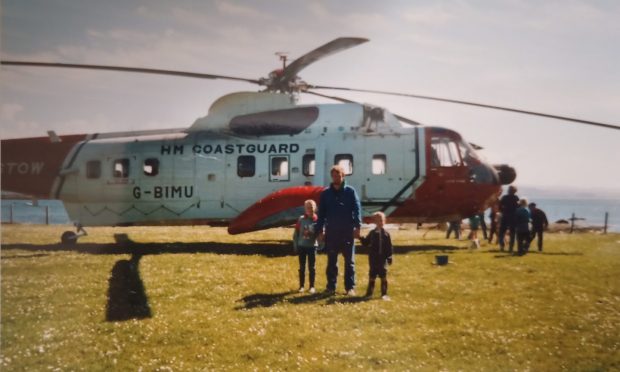
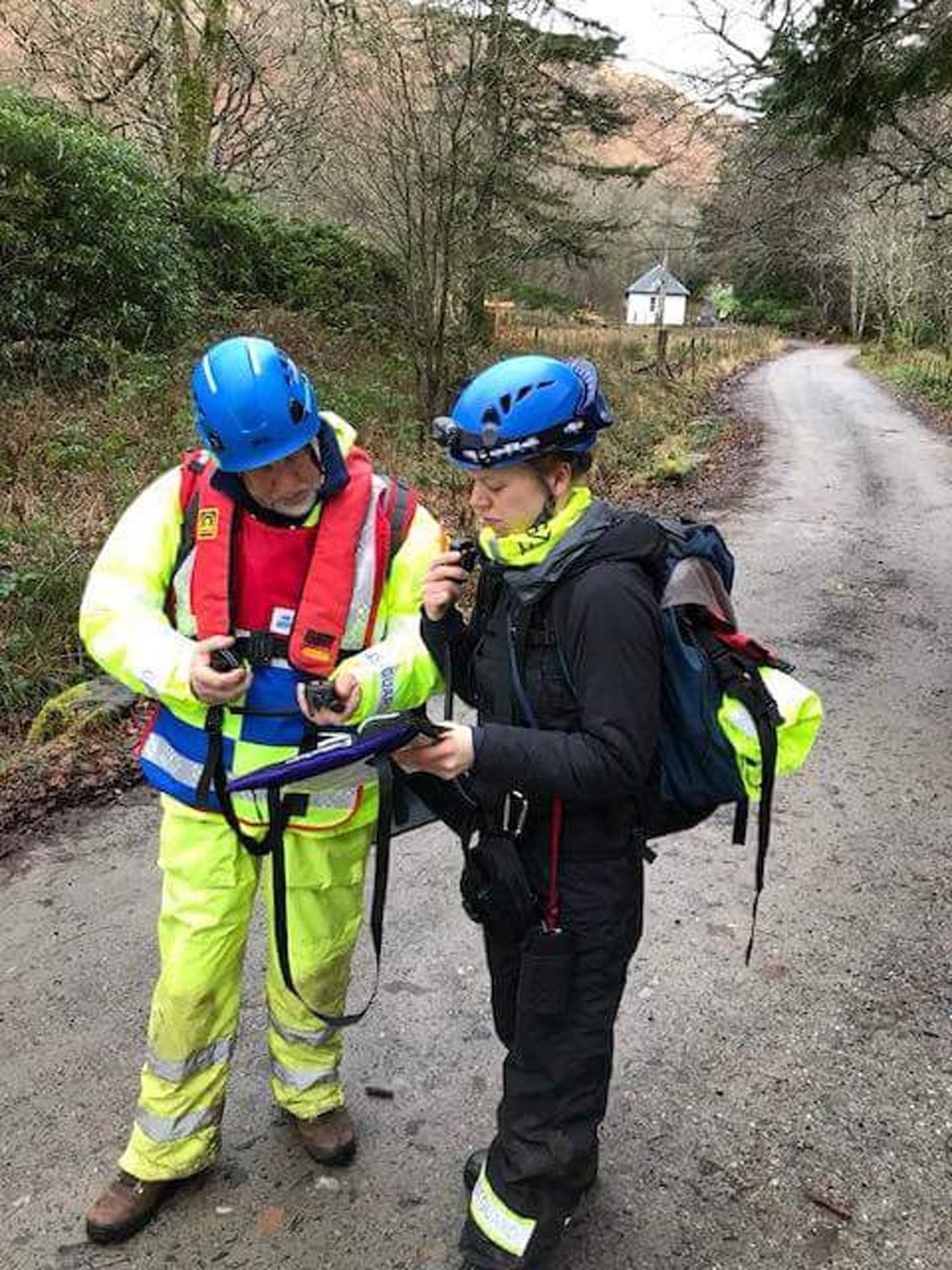
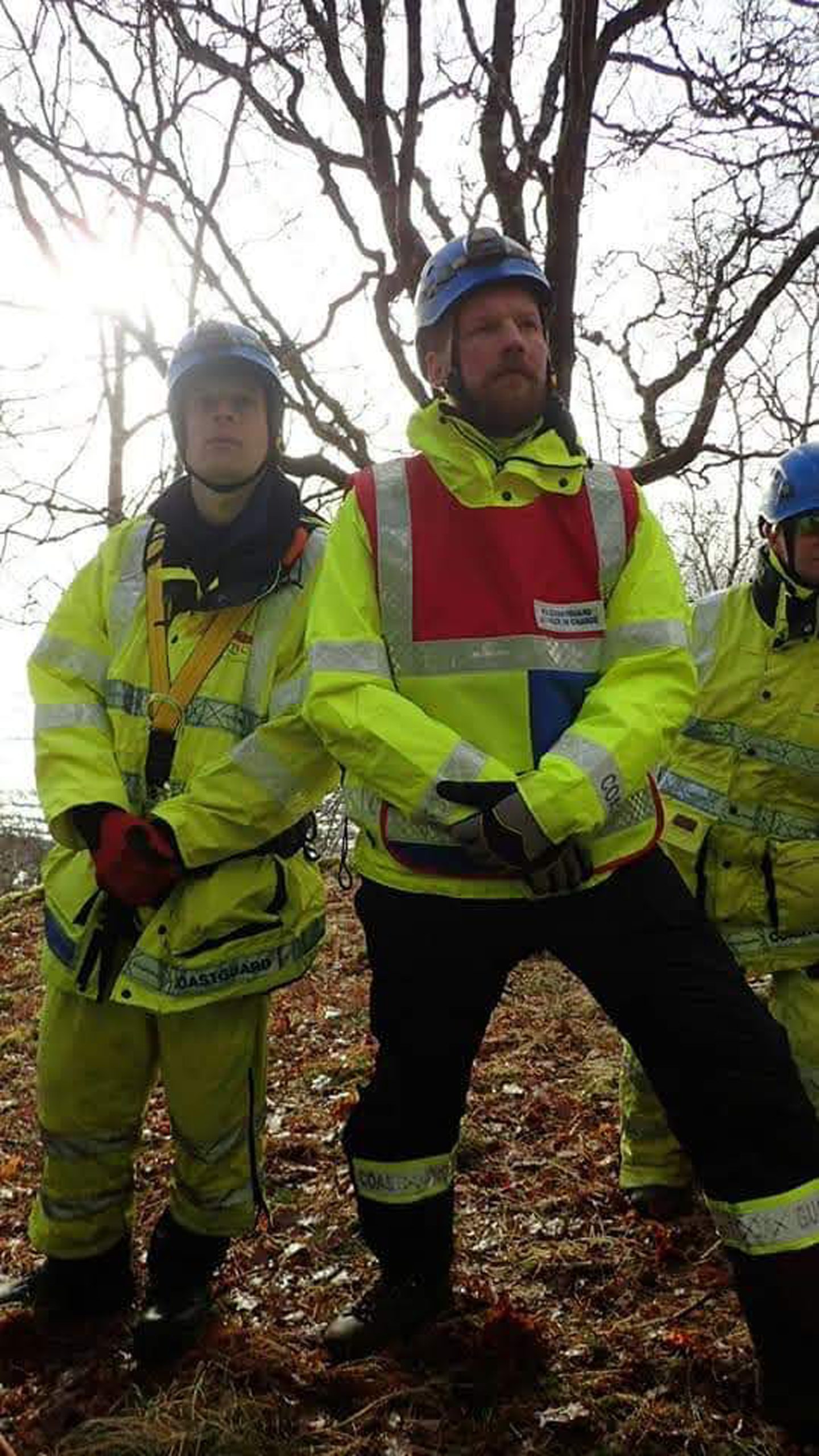
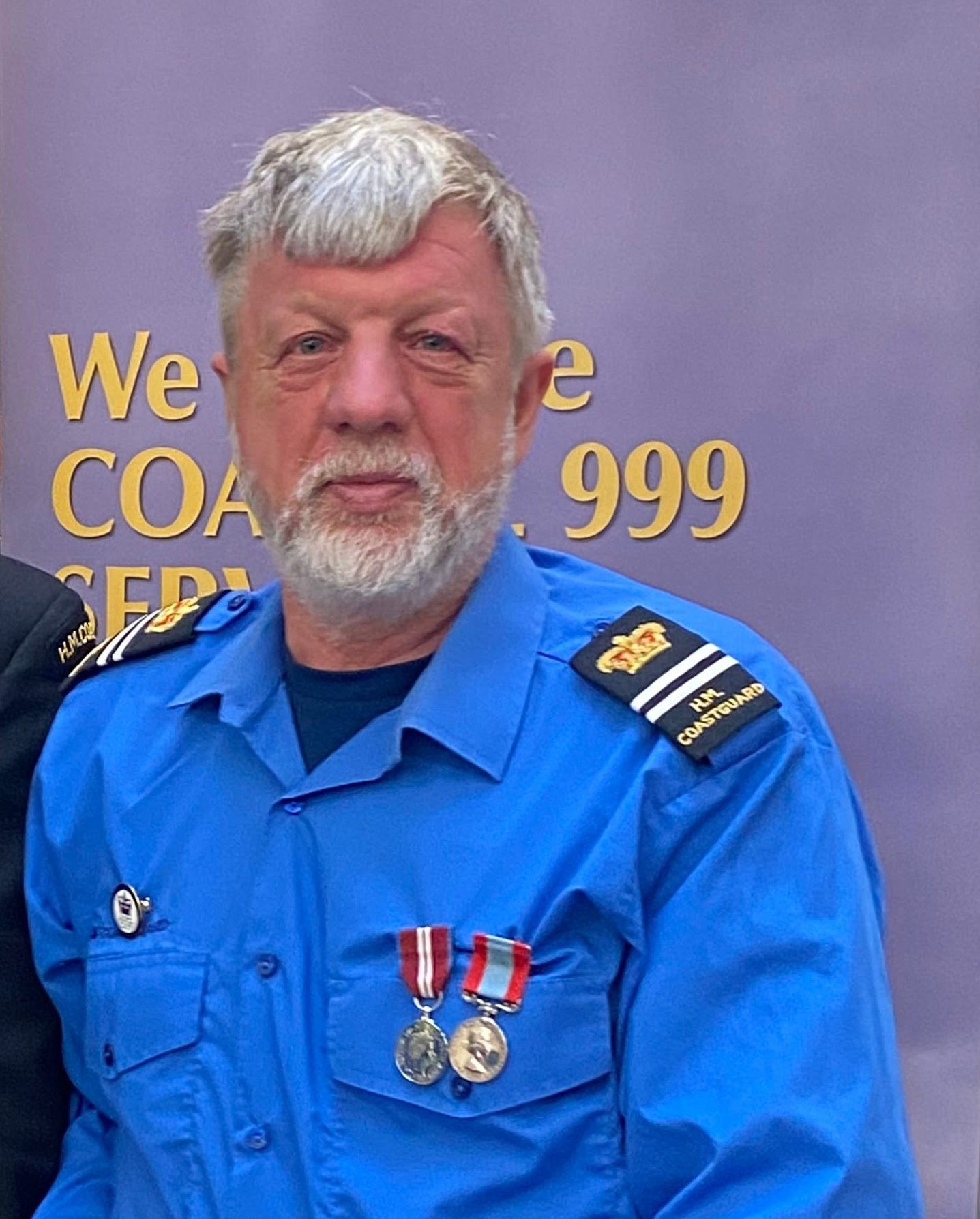
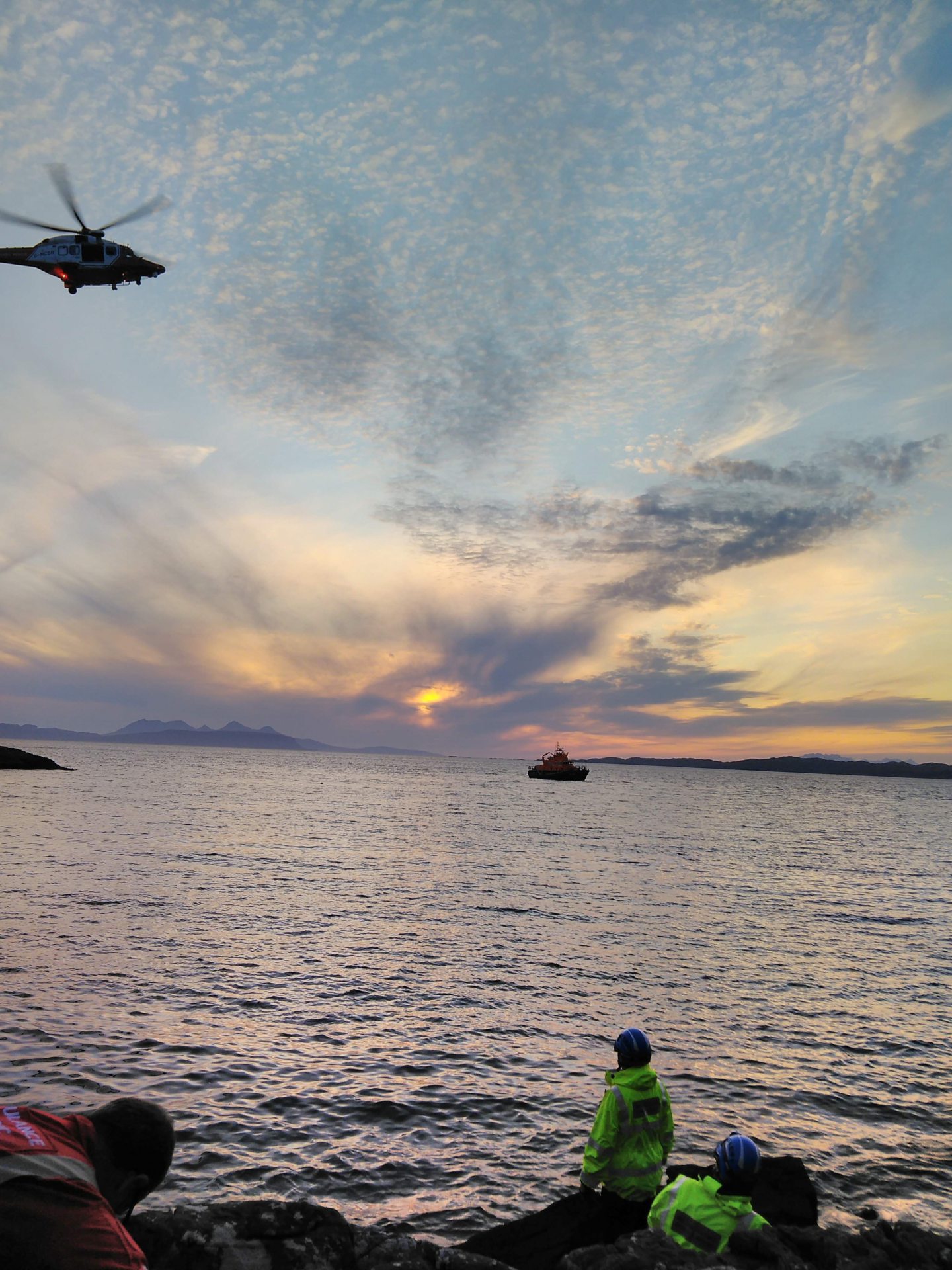
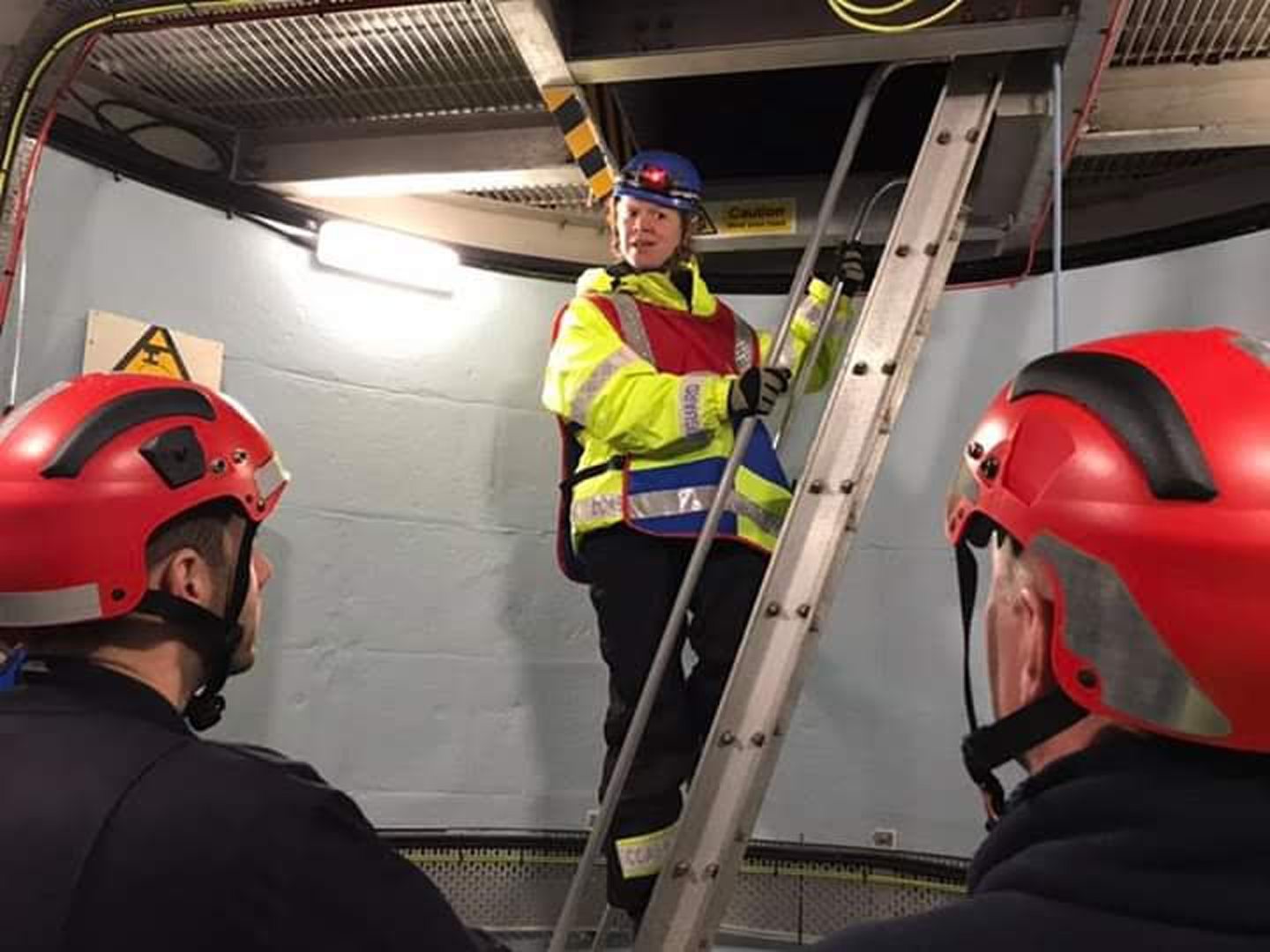
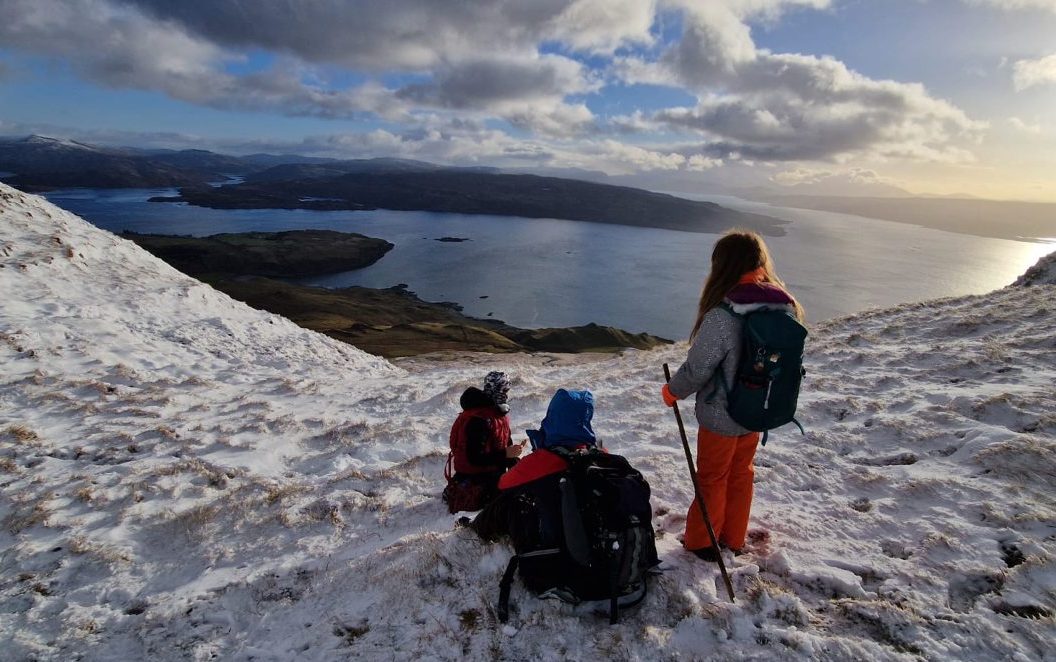
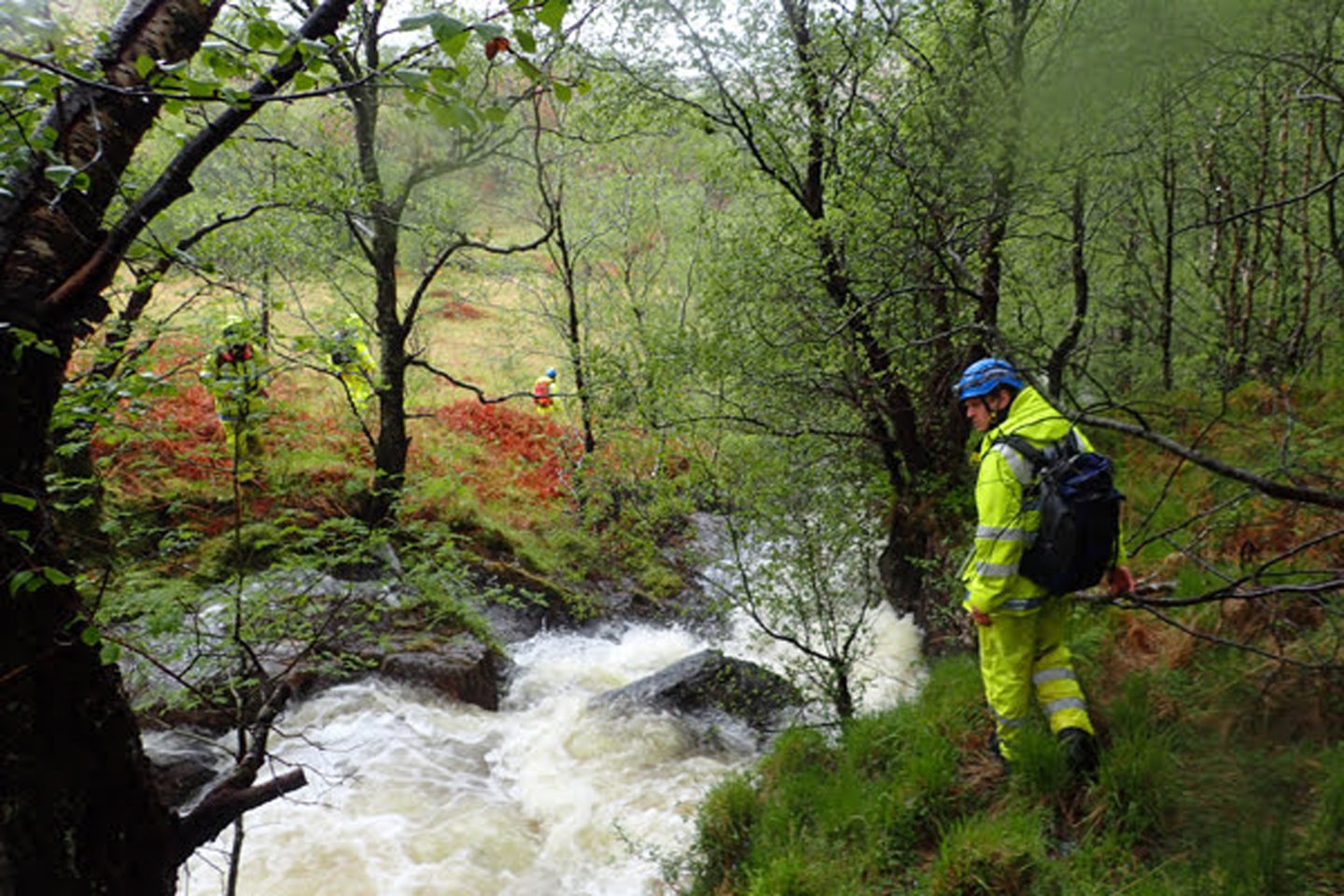
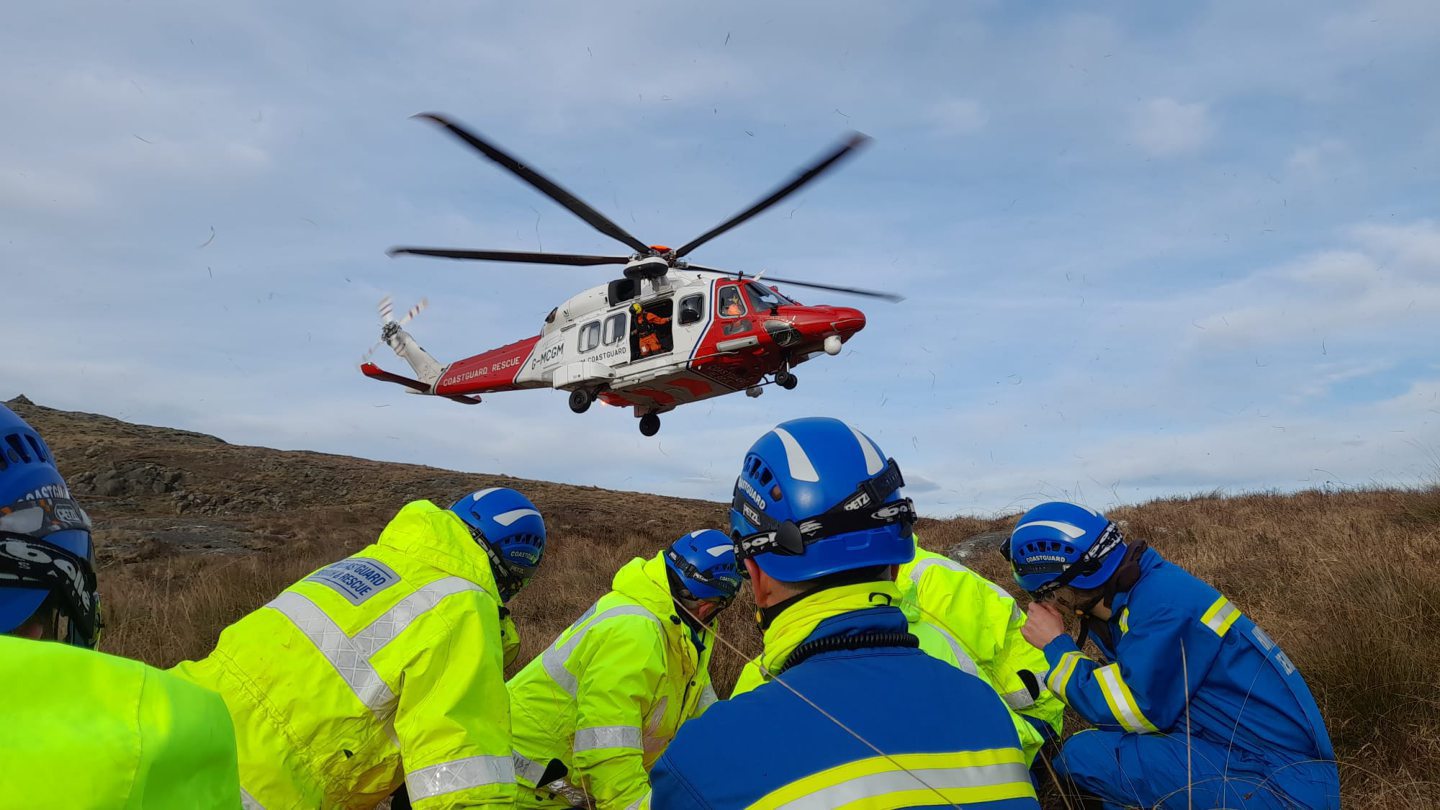
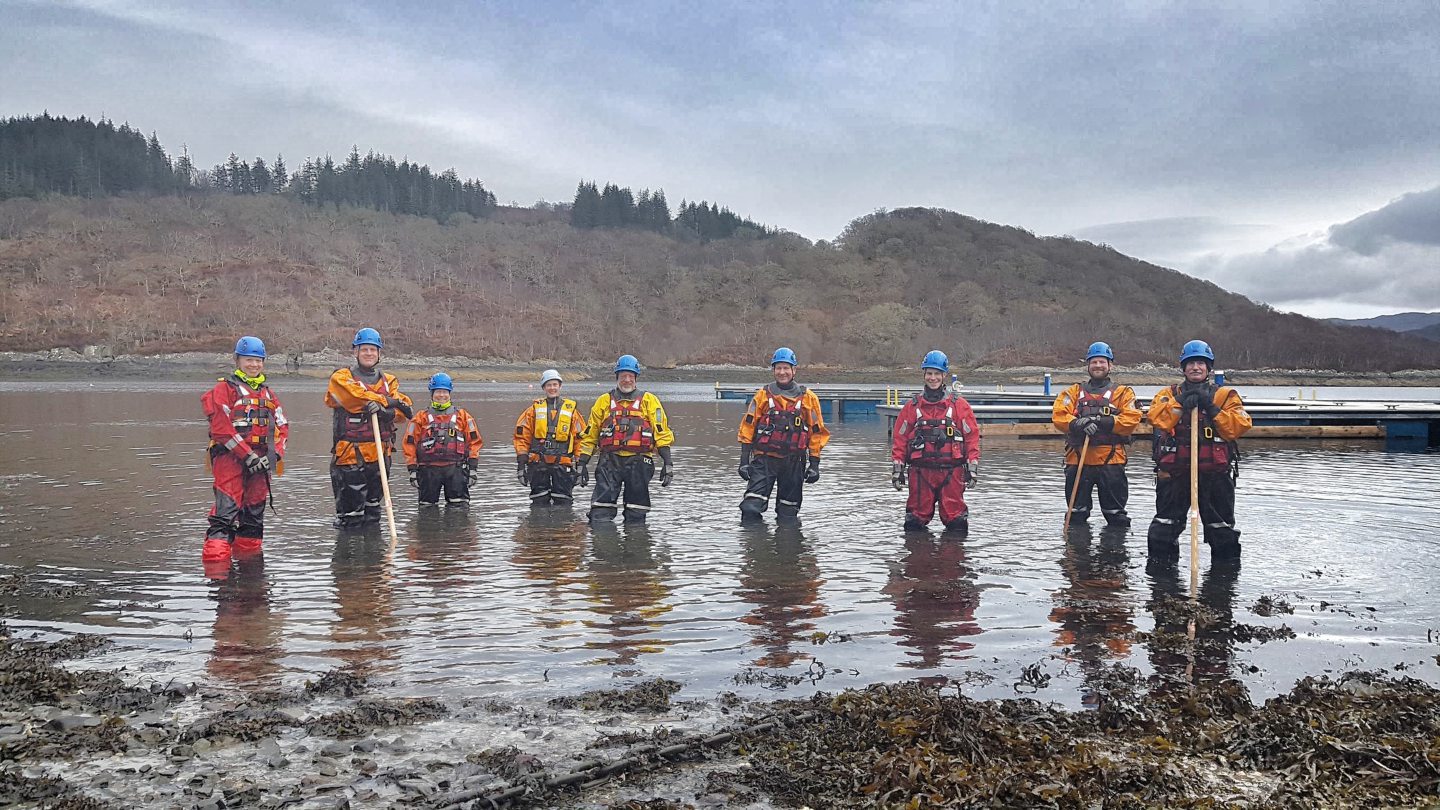
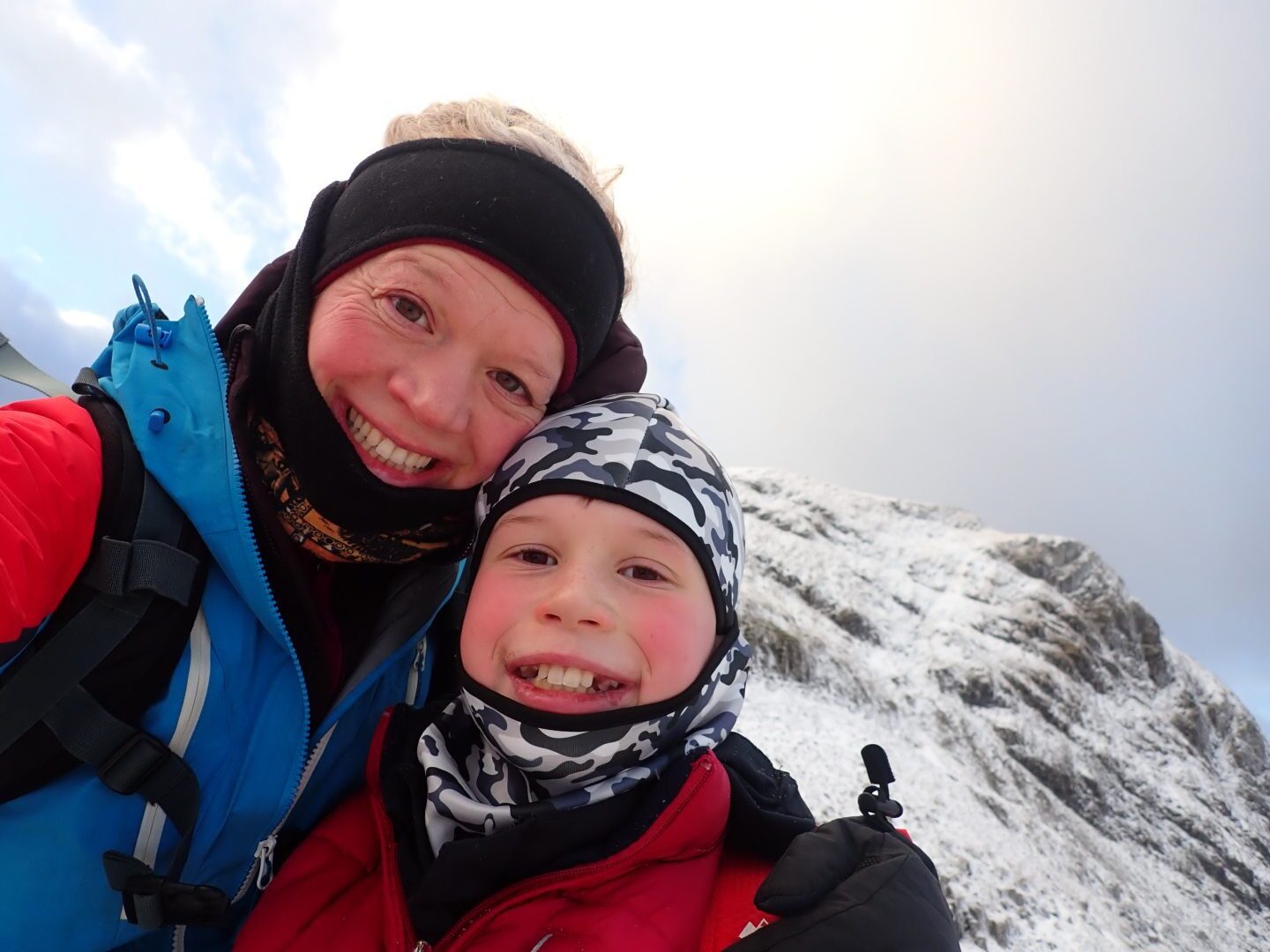
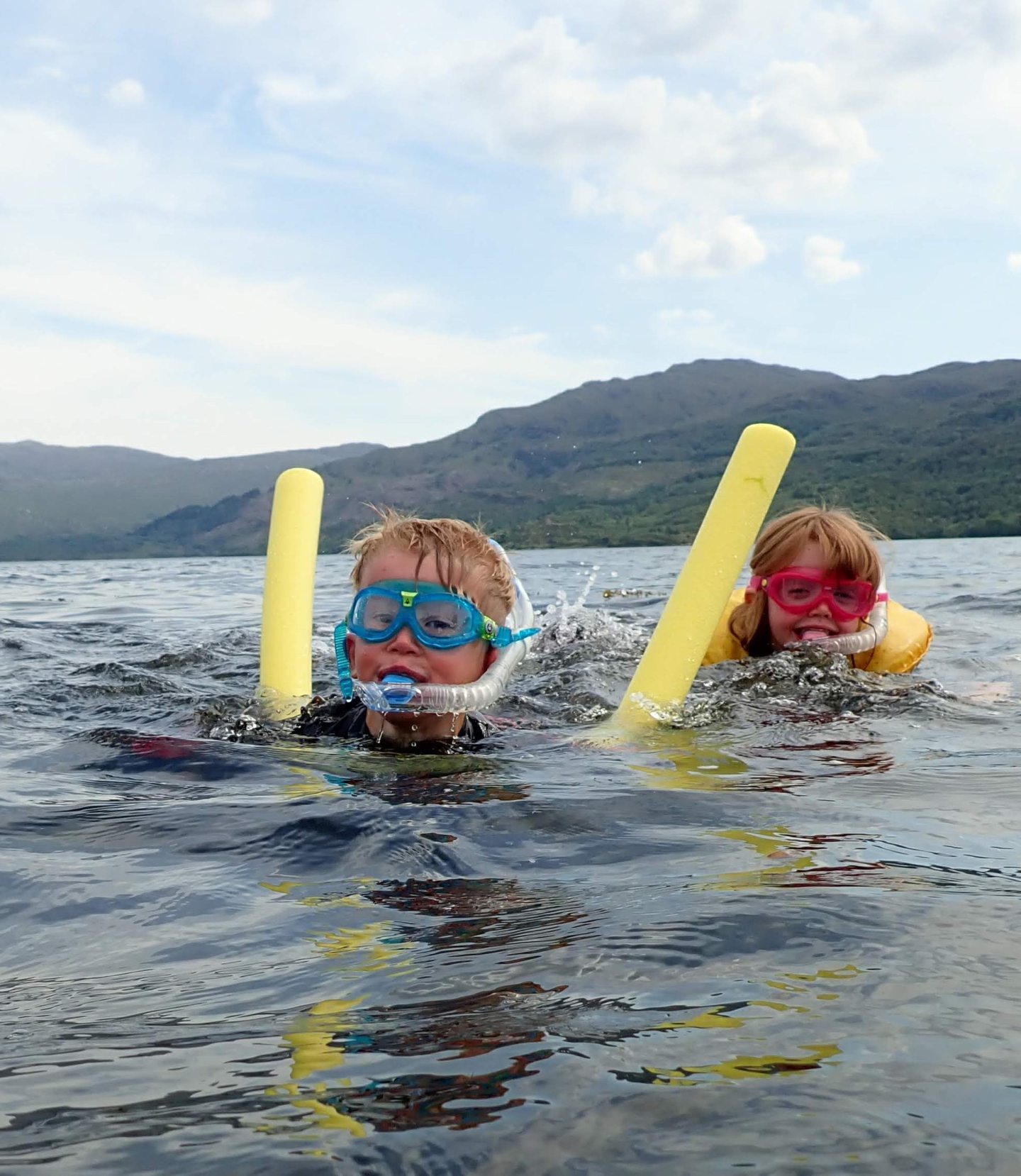
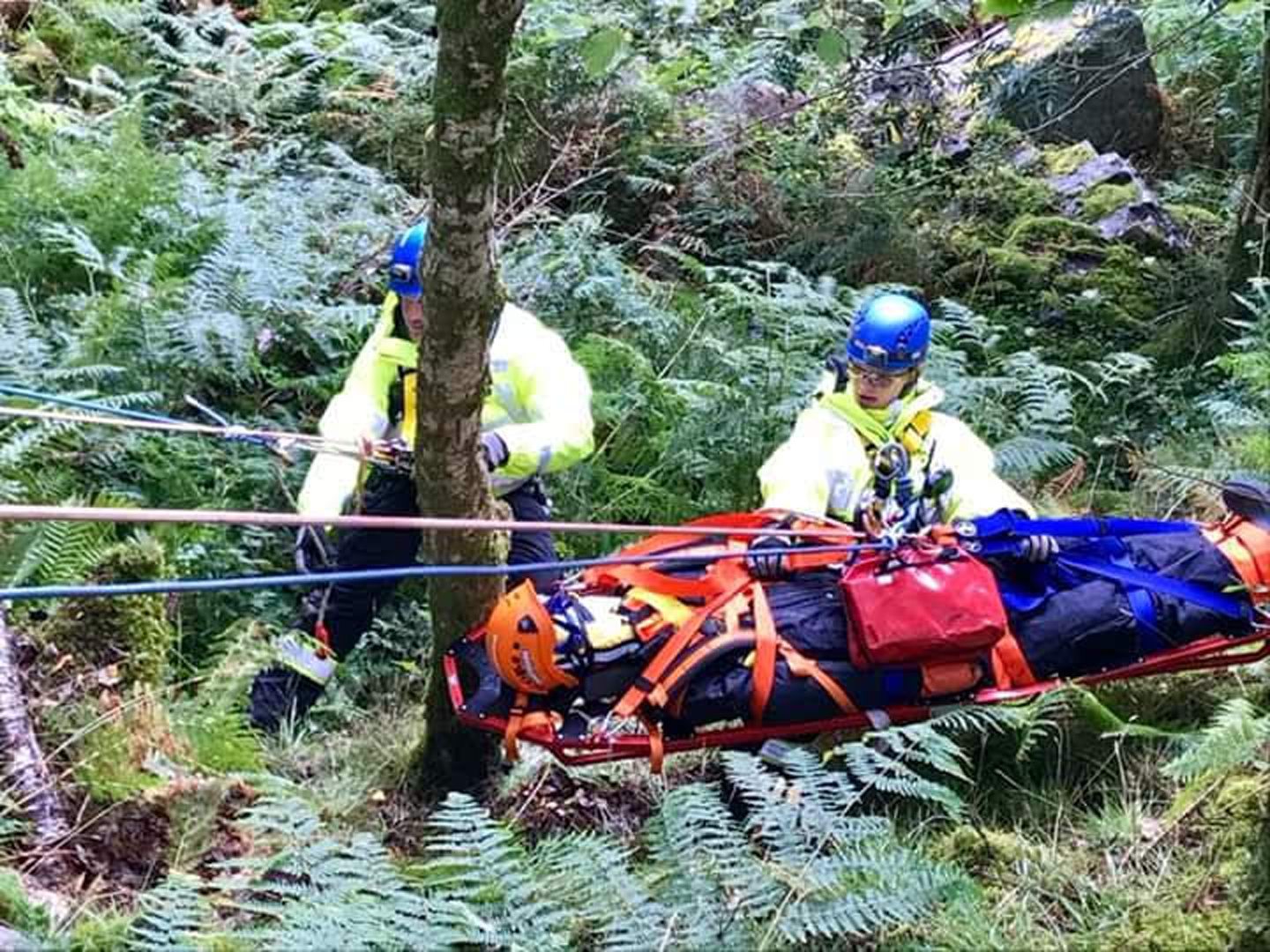
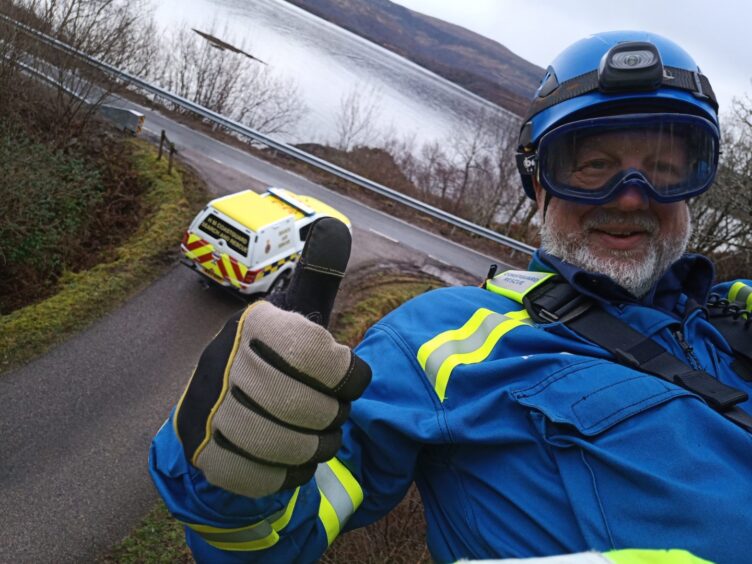
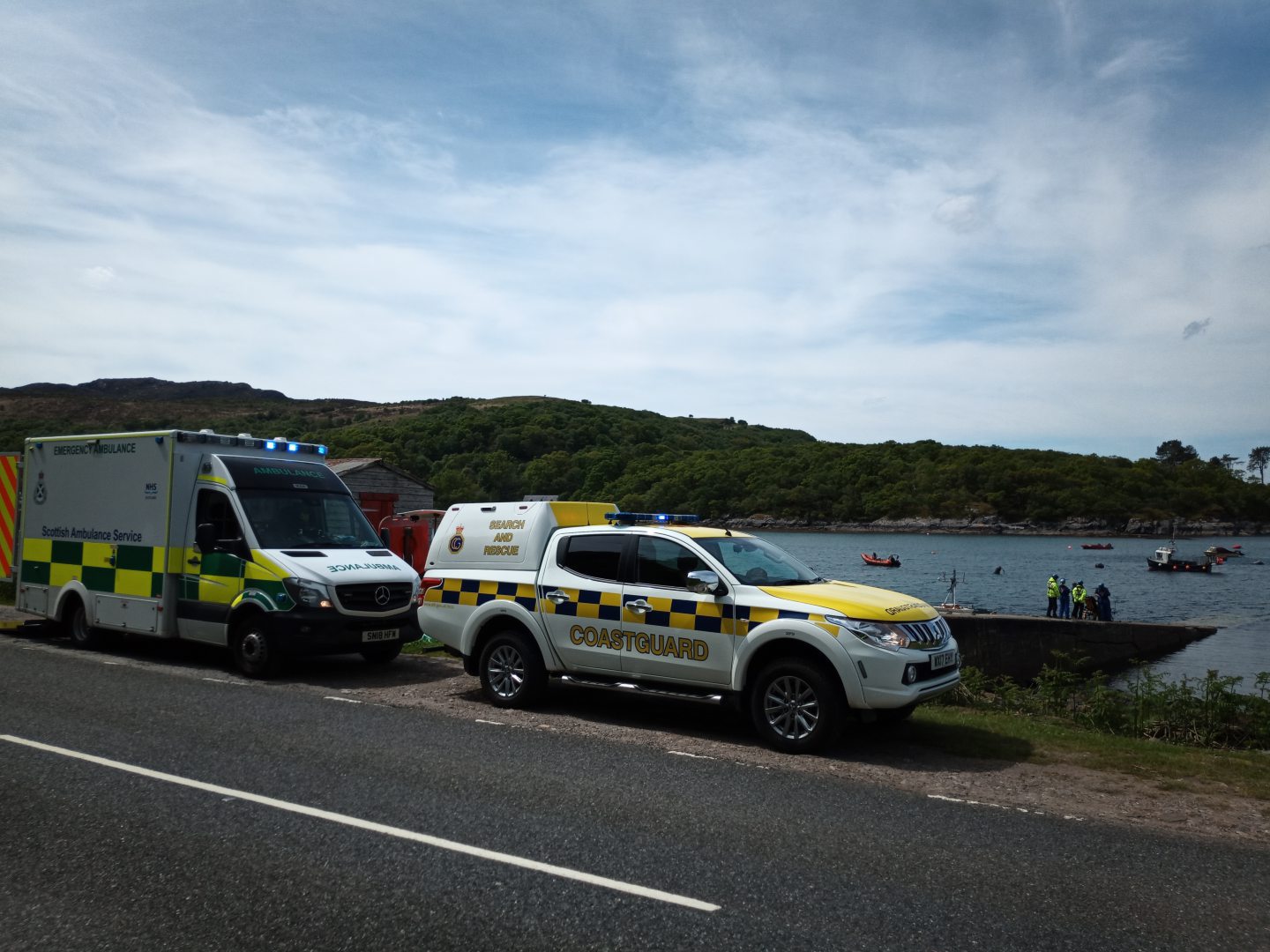
Conversation